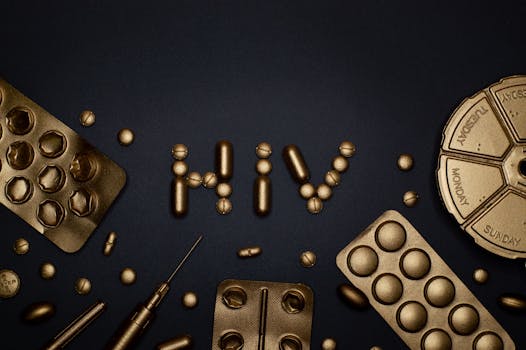
The Science Behind Vaccines and Public Health
The science behind vaccines and public health is a complex and fascinating field that has saved countless lives. Vaccines have been widely recognized as one of the most effective ways to prevent the spread of infectious diseases and protect public health. In this article, we will delve into the science behind vaccines and explore their impact on public health.
What are Vaccines?

Vaccines are biological preparations that provide active acquired immunity to a particular infectious disease. They typically contain a microorganism or virus in a weakened or killed state, or proteins or toxins from the organism. When a vaccine is administered, it stimulates the body’s immune system to recognize and fight the disease-causing agent, thereby preventing the disease from occurring.
How Do Vaccines Work?

Vaccines work by stimulating the body’s immune system to produce antibodies and immune cells that can recognize and attack the disease-causing agent. When a vaccine is administered, it is taken up by immune cells called dendritic cells, which process the vaccine and present it to the immune system. The immune system then recognizes the vaccine as foreign and mounts an immune response, producing antibodies and immune cells that can recognize and attack the disease-causing agent.
The Benefits of Vaccines

Vaccines have numerous benefits, including:
- Prevention of Infectious Diseases: Vaccines can prevent the spread of infectious diseases, such as measles, mumps, and flu.
- Protection of Public Health: Vaccines can protect public health by preventing the spread of diseases that can have serious consequences, such as paralysis, blindness, and even death.
- Reduction of Morbidity and Mortality: Vaccines can reduce the number of cases and deaths from infectious diseases, leading to a significant reduction in morbidity and mortality.
Common Misconceptions about Vaccines

Despite the overwhelming evidence supporting the safety and efficacy of vaccines, there are still many misconceptions surrounding them. Some common misconceptions include:
- Vaccines Cause Autism: There is no scientific evidence to support the claim that vaccines cause autism.
- Vaccines are Toxic: Vaccines are thoroughly tested for safety and efficacy before they are approved for use, and the ingredients used in vaccines are safe and well-tolerated.
- Vaccines are Not Effective: Vaccines are highly effective in preventing the spread of infectious diseases, and the vast majority of people who receive vaccines will not contract the disease.
Conclusion

In conclusion, the science behind vaccines and public health is a complex and fascinating field that has saved countless lives. Vaccines have been widely recognized as one of the most effective ways to prevent the spread of infectious diseases and protect public health. By understanding how vaccines work and their impact on public health, we can appreciate the importance of vaccination and take steps to protect ourselves and our communities from infectious diseases.



